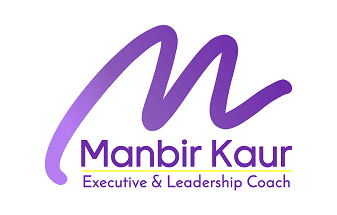
Listening is an art and there is a science behind it. It helps us in all types of relationships whether work or personal.
Murli joined a new technology organization as senior vice president with 20 years of industry experience. Organization hired him to enhance productivity, quality and to help increase customer acquisition. He had good experience in doing similar things in a previous organization which was a fortune 500 company. The new organization is yet to achieve that scale. He met all stakeholders and made a strategy. Most of his strategy was driven from his experience and understanding of the processes, people and behaviours from the last organization. Murli worked hard for 6 months and was unsuccessful in achieving any of the key result areas, that he was assigned. Murli was perplexed as to why things are not working, as his approach was well proven in his past experiences.
Murli was initially apprehensive but he eventually approached the Executive Coach and decided to work with him. Discussing on the challenges, Coach discovered that Murli had decided to ignore a lot of content that came out during his discussions with the stakeholders. There were a lot of important information stakeholders wanted Murli to consider but it seems he felt that they had a tunnel-vision and were not thinking out of box. Having experience with similar projects, he thought he can quickly make the way. Had he really listened to the stakeholders, he could have been successful in achieving his results.
“One approach fits all’ is not true and active listening is the key factor that can help you understand the context and tweak the solution to suite the scenario thus making you far more effective in achieving wins in the new role. Listed below are key concepts related to active listening that will help you all along your career at all levels.
Understand More– When you actively listen to the team, peers and other stakeholders, you understand better about ground realities. Remember every organization is different, culture and dynamics are different. What worked in your previous organization may not work here! You hear the perspectives and it is better if you pay heed to them.
Alignment– Team would know that you are listening and they will share views and come forward to help as they feel valued. Listening demonstrates that you care about their version of the story. The whole team aligns with you and start helping to achieve the objective.
Less of ‘re-inventing the wheel’ exercises – what you were told in the Interview and Job Description may not represent the true depth of issue. If you listen in the very beginning, you may be able to avoid perpetual re-calibrations based on new discoveries at the time of implementation.
Don’t sound judgmental – Nobody wants to be judged, especially if you have joined new and you are passing judgements on people who have been there for many years. There may be cases for emotional attachment, some stories behind failures and success. You disengage people when you judge at first meeting.
Nobody likes quick fixes– people will not accept you as a leader if you would like to be a quick fix person. Listen, listen and listen….and fix later. This is equivalent to the scenario, that a patient is likely to very much more satisfied in case the doctor is really thorough in his examination and questioning even if you get the same medicine at the end.
Active listening paves the way to start building commitment and respect in new team.

